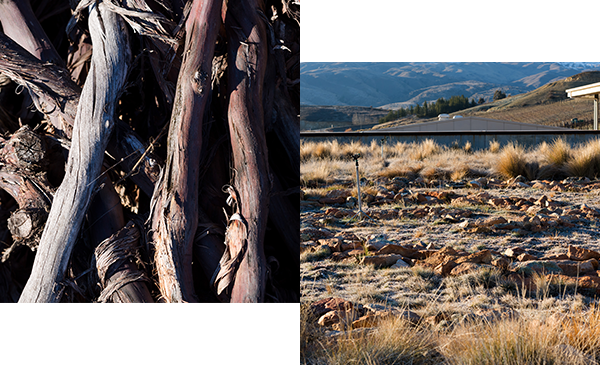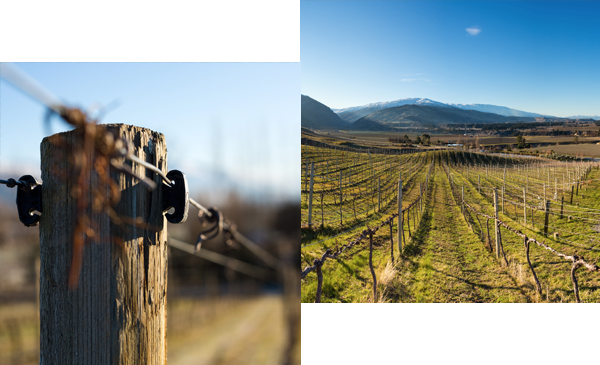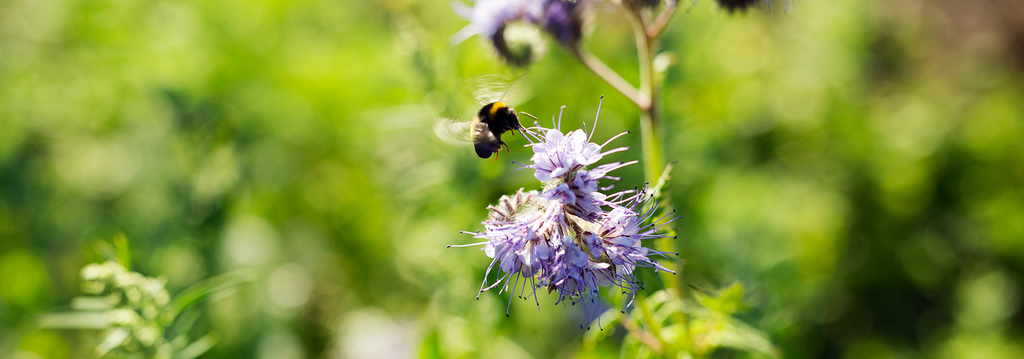Sustainability
Mt Difficulty is an accredited member of the Sustainable Winegrowing initiative (SWNZ). The initiative covers a wide range of environmental concerns, from conservation to social responsibility.
We have chosen to use the SWNZ framework as a foundation on which to build our own sustainable goals, targeting a higher level than is required by the initiative. Our living roof on our barrel hall and the state-of-the-art waste water treatment plant are both testament to our intention to do all we can to protect and enhance our environment, both now and in the future.
More on SWNZ
The initiative was launched by the New Zealand winegrowing industry in the mid 1990's to provide guidance on sustainable management of vineyards and wineries. It stemmed from the recognition that, as New Zealand's natural land and water resources were limited, so too were the natural resources of the winegrowing industry. These resources require not only protection, but enhancement, if the New Zealand winegrowing industry is to flourish long term.

Winery
For example in our barrel hall we have installed a low energy ultrasonic humidification system combined with an external air heat reclaim system to allow us to utilise ambient heating and cooling wherever possible. The generally recognised 'gold standard' for humidification has been by steam generation; our technologically advanced system uses about 1% of the energy needed for the equivalent steam system.
The semi-extensive green roof is actually also a warm roof, having R4 insulation underneath the growing medium to keep all of our heat in, and the heat of the day out! The green roof also helps to reduce storm water runoff and is a disposal area for our winery wastewater treatment plant.
Read more about our Green Roof at www.Greenroofs.com.
With the same policy we have rejected the cheap and simple solution of using LPG for tank heating and hot water supply. At a much greater capital cost we have installed a wood-chip fired boiler which utilises waste from local sawmills; a renewable, non-fossil, local and otherwise wasted resource. A bonus has been that the hot wash-down water this system supplies has enabled us to do much more cleaning with water only and has slashed our need for cleaning chemicals.
Likewise with the wastewater we have exceeded current requirements and installed a tertiary treatment system which combines winery and septic streams into a Membrane Bioreactor to produce clear sterile water that can be passed directly into the irrigation system.
Our plans for the future include using parts of our existing irrigation infrastructure to run a micro-hydro generator so that we can become a nett producer of electricity.
Vineyards
The harsh climate in Central Otago gives us a unique opportunity to grow grapes with a lower impact on nature than other regions. We have intensely cold winters, which take care of a number of pests. Our warm to hot summers have very low humidity which limits the incidence of diseases such as botrytis, and so we are able to keep our vineyard management techniques relatively simple.
The sensitivity of our attitude towards the environment is ever evolving. With us undertaking a more organic approach to viticulture, we have discovered that, whilst many current operational systems are strictly organic by definition, they do not at this time, take into account carbon losses through cultivation. This process of trying to remain organic while also reducing our carbon footprint is the area of viticultural management we are trying to resolve.
The Hippocratic Oath requires practitioners to 'First, do no harm': our stewardship of the land also follows this dictate. In doing this we can be confident that the unique and evolving story of our place will continue to be told in our wines.





